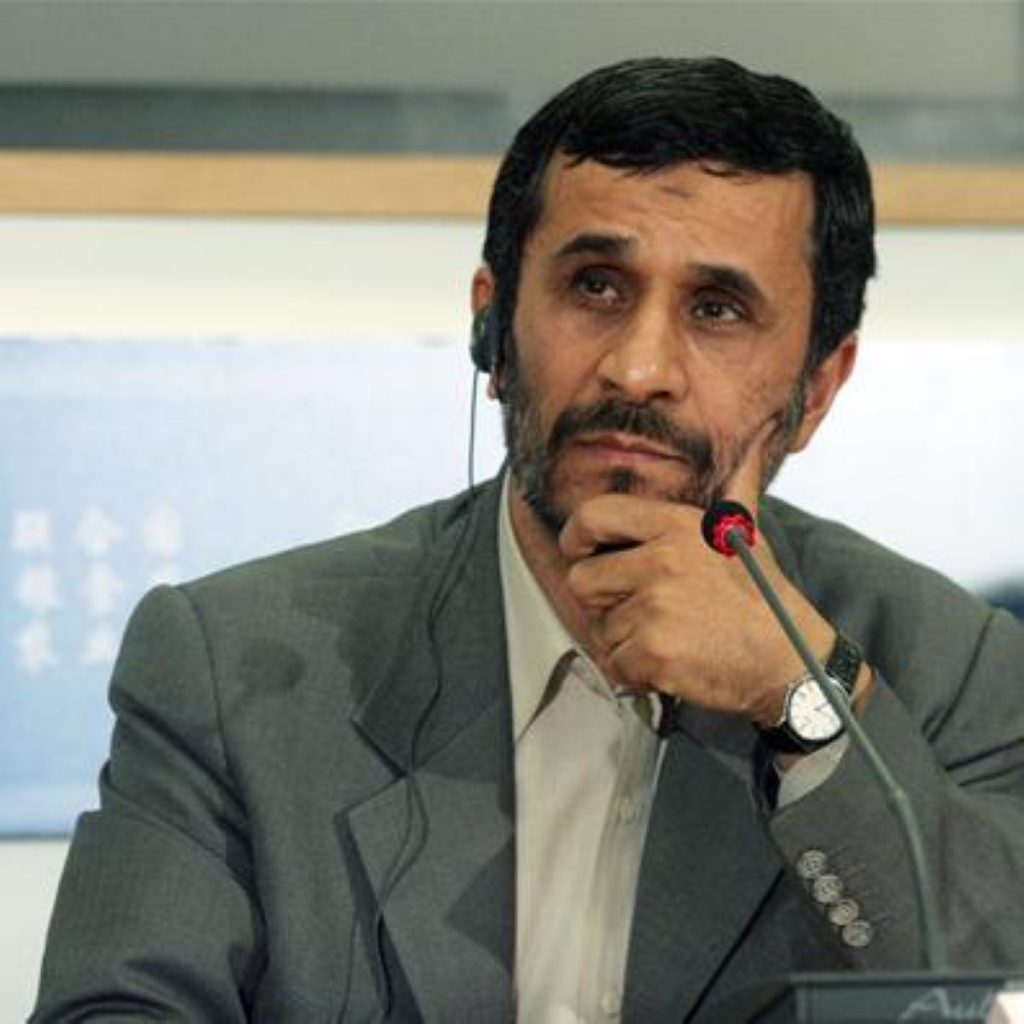British Council halts operations in Iran
By Blaine Williams
The British Council have ended their activities in Iran because of “intimidation and harassment” of staff by the Iranian authorities.
Iran denied visas for all British staff and most of the 16 local employees have resigned after being summoned to president Mahmoud Ahmadinejad’s office in December.
The council, which promotes British culture and education, said pressure had been building over its actions.
Martin Davidson, British Council’s chief executive said: “It was a very deliberate act that essentially made it impossible for us to operate there”.
Two members of the council had their passports confiscated after they tried to leave the country on a routine meeting, which prompted the council to end its operations in Tehran.
“These actions by the Iranian authorities are unacceptable,” Mr Davidson said.
“They are designed to pressurise our staff with the clear intention of stopping our cultural and educational work in the country.”
The British embassy said it hoped the cultural offices could re-open soon.
Embassy spokeswoman, Mitra Behnam Mojtahedi said: “With regret, the embassy’s cultural and education activities have had to be suspended, as a result of action taken by the Iranian authorities.”
“We remain committed to developing cultural and educational links between the people of Iran and the UK, and we hope to resume our work as soon as possible,” she said.
The closure of the council activities in Iran is similar to the closure of offices in two Russian cities last year due to similar kinds of pressure.
Iran has a deep distrust of Britain and the West in general. British intelligence is often accused of being behind acts of sabotage and attacks by rebels in the provincial regions, by the state-sponsored media.
The council, which promotes cultural and educational links, first set up an office in Iran in 1942, but closed in 1979 after the Islamic revolution. It reopened in 2001 at the request of the Iranian authorities.





-01.png)